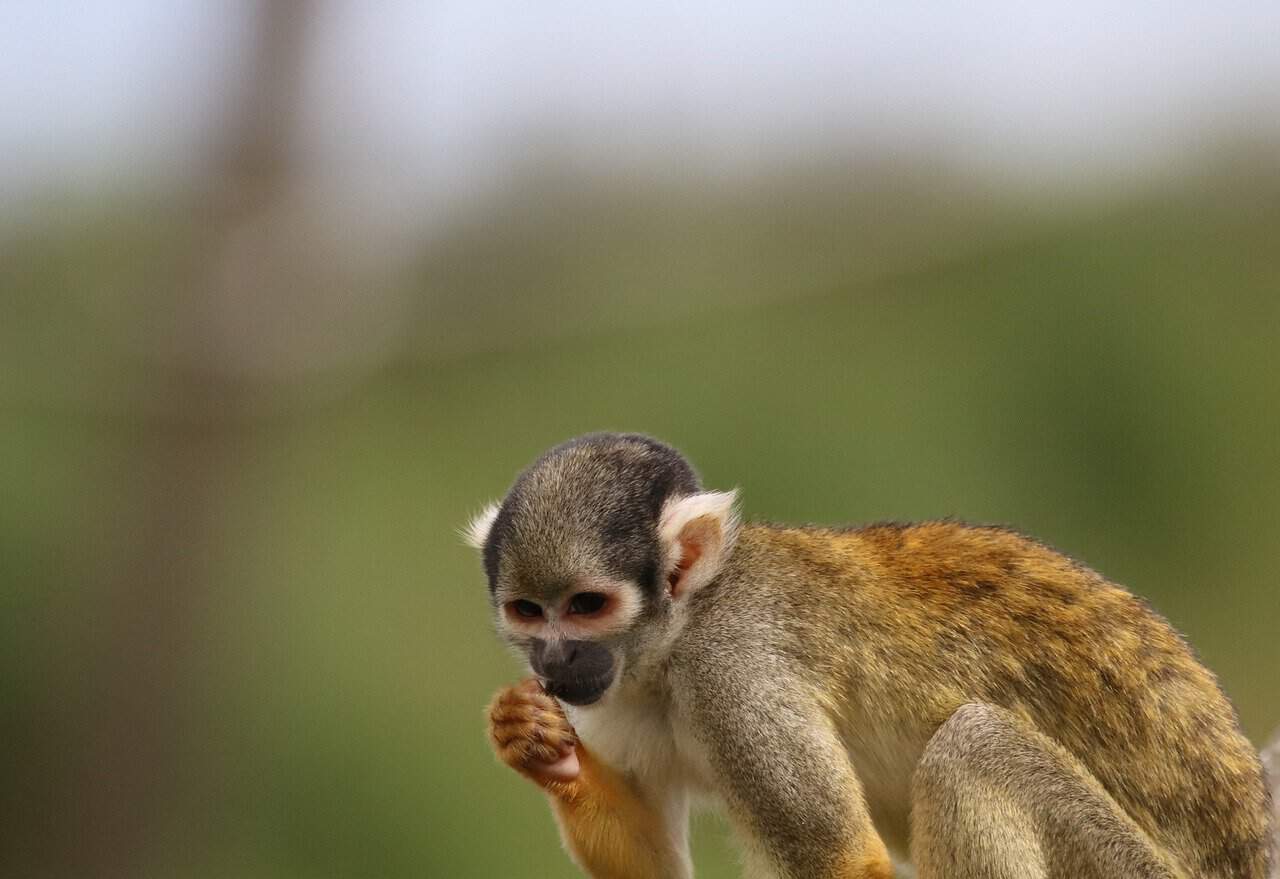Costa Rica is advancing investment in biodiversity through a blended finance program, combining concessional and catalytic capital from public and philanthropic sources to stimulate private sector investment in sustainable development. Through this approach, new opportunities are opening up to access the financial resources Costa Rica needs to address the urgent challenges of biodiversity loss and climate change.
According to the United Nations Development Programme’s (UNDP) Biodiversity Finance Initiative (BIOFIN), Costa Rica’s biodiversity investment gap—the additional funds required to support nature conservation—was estimated at nearly $44 million per year in 2020, prior to the fiscal rule implementation. This highlights the pressing need to mobilize public and private investments for environmental sustainability.
In light of Costa Rica’s updated National Biodiversity Strategy and its commitments to the Global Biodiversity Framework (GBF), there is now an opportunity to create triple-impact investments—social, environmental, and economic—furthering Costa Rica’s Sustainable Development Goals (SDGs).
“Blended finance is a key strategy to leverage banking resources for initiatives with high social, environmental, and economic impact. These mechanisms mobilize private capital for sustainable projects, mitigating risks that limit access to financing,” said Marlene Villanueva, executive director.
According to Convergence’s 2024 report, blended finance has become a consolidated model over the last 15 years, encompassing 1,123 transactions and mobilizing more than $213 billion for climate-related projects. In 2023 alone, investments in blended finance increased by $15 billion. The participation of development finance institutions and multilateral banks rose by 140%, from $2 billion in 2022 to $4.9 billion the following year.
“As a global society, we face an unprecedented mix of challenges: the climate crisis and the biodiversity loss crisis—two sides of the same coin, reminding us that our well-being depends on a respectful relationship with the planet. In this context, a key challenge is realizing that planetary health and economic growth are mutually inclusive,” said Sandra Sosa, UNDP Resident Representative in Costa Rica.
Costa Rica is committed to biodiversity preservation through innovative approaches to attract private investment in sustainability and nature conservation initiatives. This marks the beginning of an ongoing effort to develop new financing methods that foster collaboration between the public and private sectors for environmental protection.
Through blended finance, the country is progressing toward a future where economic growth and environmental protection coexist harmoniously.






